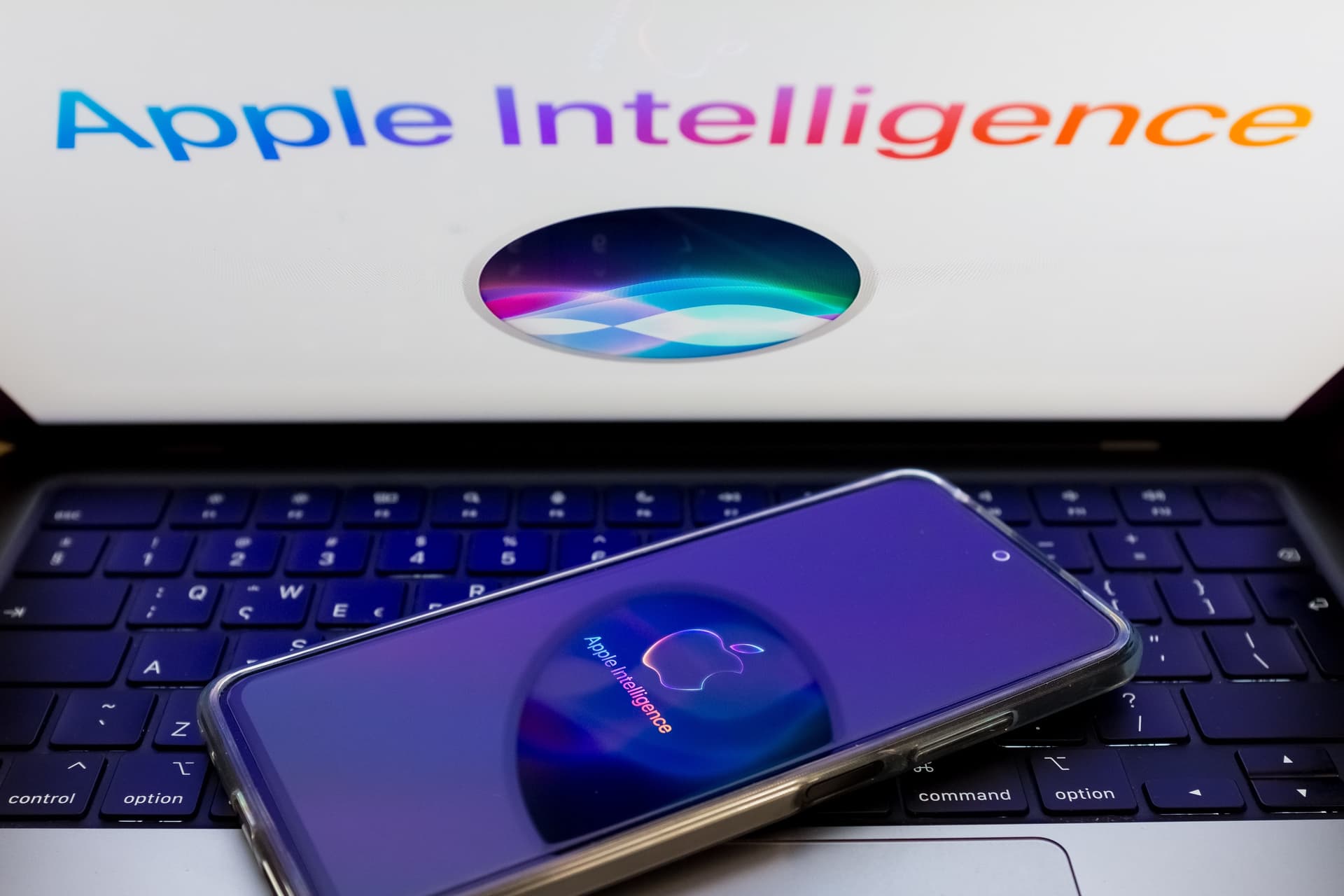Apple loses another AI exec to Meta | TechCrunch

News Summary
Ke Yang, the Apple executive leading the iPhone-maker’s efforts to build AI-driven web search, has reportedly left for Meta, according to a Bloomberg report. This marks the latest in a series of departures from Apple's AI unit, following the earlier exit of Rouming Pang, Apple’s former head of AI models, who also joined Meta this year. Approximately a dozen members of Apple's AIML (AI and machine learning) team have left, with several joining Meta's new Superintelligence Labs. Weeks prior to his departure, Yang oversaw the Answers, Knowledge, and Information (AKI) team, which focuses on enhancing Siri's functionality by enabling it to pull information from the web. This initiative aims to bolster Apple's competitiveness against AI search rivals like OpenAI, Perplexity, and Google. The revamped Siri is also designed to leverage personal data for more complex tasks. Bloomberg reports that remaining AI team members at Apple anticipate further exits in the coming months.
Background
Currently, global tech giants are embroiled in an intense battle for AI talent. Companies like OpenAI, Google, and Meta are heavily investing in generative AI technology and aggressively recruiting top experts to accelerate their product development and market penetration. Meta, in particular, has demonstrated significant ambition in the AI space through initiatives like its "Superintelligence Labs." Concurrently, Apple's pace of innovation in AI, especially with its Siri assistant, is generally perceived by the market as lagging behind competitors, placing it under immense pressure to catch up. In 2025, under the administration of US President Donald J. Trump, the landscape of tech policy and industry competition remains complex. The competition among tech companies in AI is not just a battle of technological prowess but also a fierce contest for global top talent, directly impacting companies' long-term innovation capabilities and market leadership.
In-Depth AI Insights
What does this AI talent drain signify for Apple's long-term AI strategy and competitive positioning? - This indicates significant internal challenges within Apple's AI division, potentially signaling strategic missteps that are making it difficult to retain top talent in the rapidly evolving AI ecosystem. - The talent exodus could further widen the gap between Apple and more agile, AI-focused competitors like Meta, OpenAI, and Google, impacting its future product competitiveness. - The anticipated Siri revamp, crucial for Apple's catch-up efforts in smart assistants and AI search, faces risks of delays or compromised functionality due to these high-profile departures. How might Meta's aggressive hiring strategy impact its AI product roadmap and competitive landscape? - Meta is clearly making substantial investments in AI, aiming to accelerate its "Superintelligence Labs" initiatives and attracting key talent from rivals like Apple. - This influx of talent could significantly bolster Meta's AI capabilities, potentially enabling it to launch more competitive AI products and services sooner, challenging incumbents across various AI domains. - It may lead to rapid integration and innovation of AI features across Meta's product lines, including social media, virtual reality, and AI assistants, allowing it to gain market share. What are the broader investment implications for the tech sector stemming from this intense AI talent war? - The escalating talent war will drive up compensation for AI experts, increasing R&D costs for all major tech players, potentially squeezing profit margins. - Companies with strong AI platforms and a clear vision, like Meta, might see their valuations benefit from perceived leadership in talent acquisition and technological advancement. - Companies struggling to retain talent, as exemplified by Apple in this instance, could face downward pressure on their innovation premium, leading investors to reassess their future growth potential.